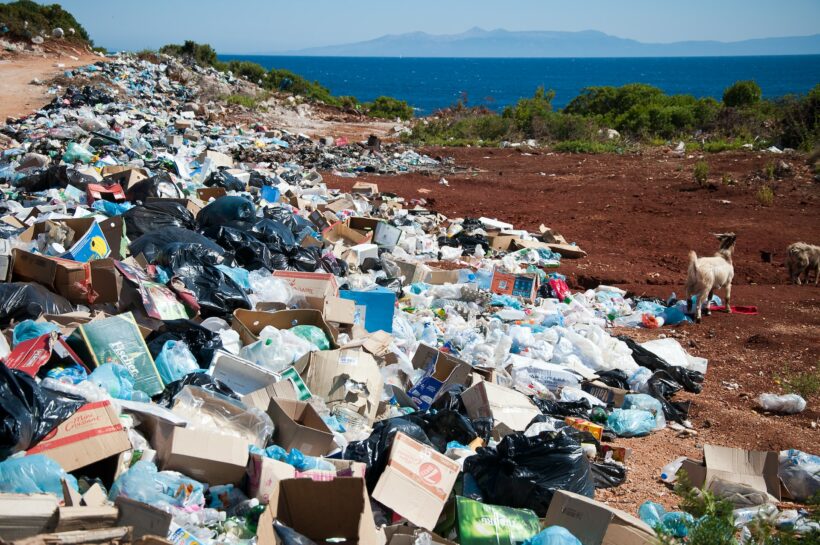The European Parliament voted in favor of a law that restricts the export of waste. Waste from the EU should be processed in an environmentally friendly way—and no longer exported on a large scale to third countries in the EU. There, it often pollutes entire regions via landfills or is incinerated and damages the environment.
By Kathrin Glösel
On January 17, 2023, the European Parliament voted in Strasbourg in favor of a law that restricts the export of waste from the EU to countries outside the Union. The goal is to reduce pollution and ensure that materials like plastic are reused and recycled instead of thrown away. The whole thing is part of the European Green Deal.
In the future, waste is to be exported only to certain countries outside the OECD area—and they must prove that they process the waste in an environmentally friendly way. For hazardous waste, exports are to be banned altogether. Overall, less waste is to be shipped around the world and less processed in a way that is harmful to the climate, for example, incinerated.
“Out of sight, out of mind: this is how we in the EU currently deal with our mountains of waste. In doing so, we not only export our problem but also leave the task of fair disposal to countries outside the EU. The consequences of this are often illegal landfills, the price of which is paid by the environment and local people,” criticizes Delara Burkhardt, environmental policy spokeswoman for the Socialist S&D Group in the EU Parliament. So now that is to change.
The Parliament’s report on the EU Waste Shipment Regulation was adopted by a large majority: 594 votes in favor, 5 against and 43 abstentions. Talks between the European Parliament and EU member states are to take place this year to finalize the text. Only then can the law come into force.
Most EU waste ends up in Turkey
The amount of waste exchanged around the world is steadily increasing, with 182 million tons traded in 2018, according to the OECD. The European Union plays a central role in this: according to Eurostat, the European Union exported 33 million tons of waste to non-EU countries in 2021. That’s a 77 percent increase over 2004, and Turkey was the main destination for EU waste last year, with about 14.7 million tons—three times as much as in 2004.
The second-highest amount of EU waste was exported to India this year—about 2.4 million tons. The countries behind are Egypt and Switzerland, with 1.9 and 1.7 million tons, respectively. Eurostat reports that the amount of waste shipped from the EU to China has decreased significantly in recent years. Namely, from a peak of 10.1 million tons in 2009 to 0.4 million tons in 2021.
The EU-Parliament also agreed on a new directive to give platform workers more rights. Including minimum wage, social security and paid vacation. As well as on a new pay transparency directive to end the pay gap between men and women.










